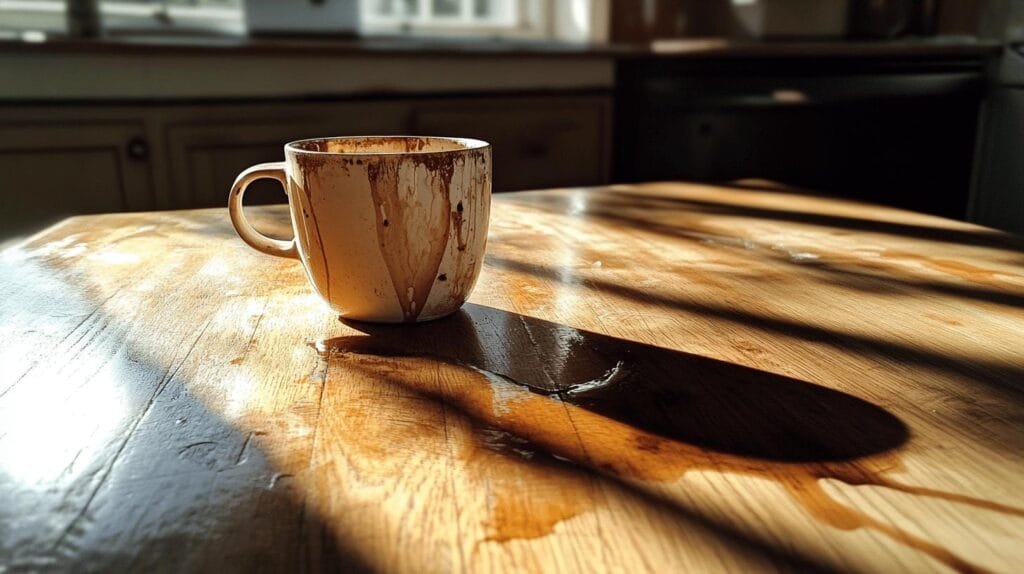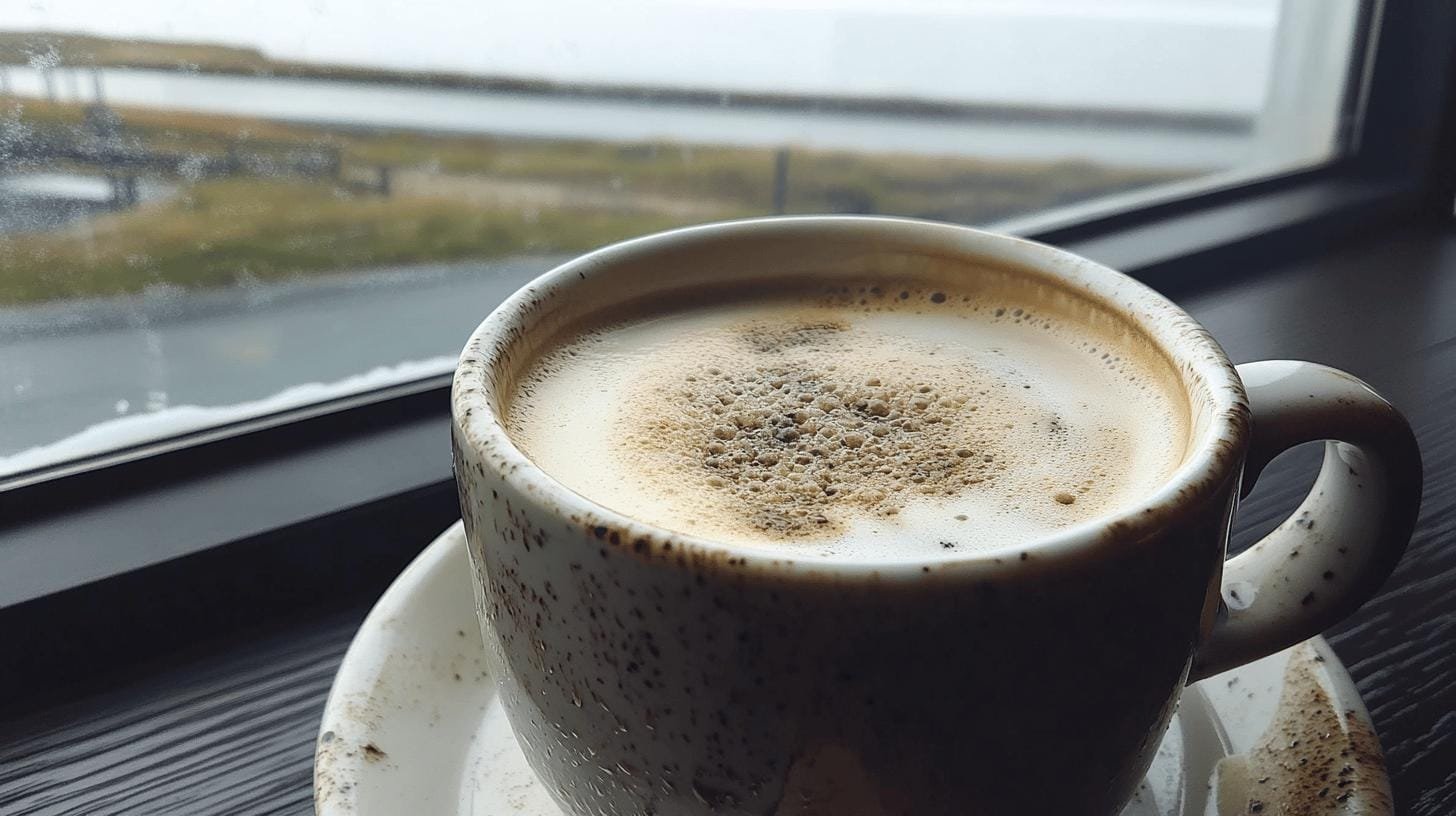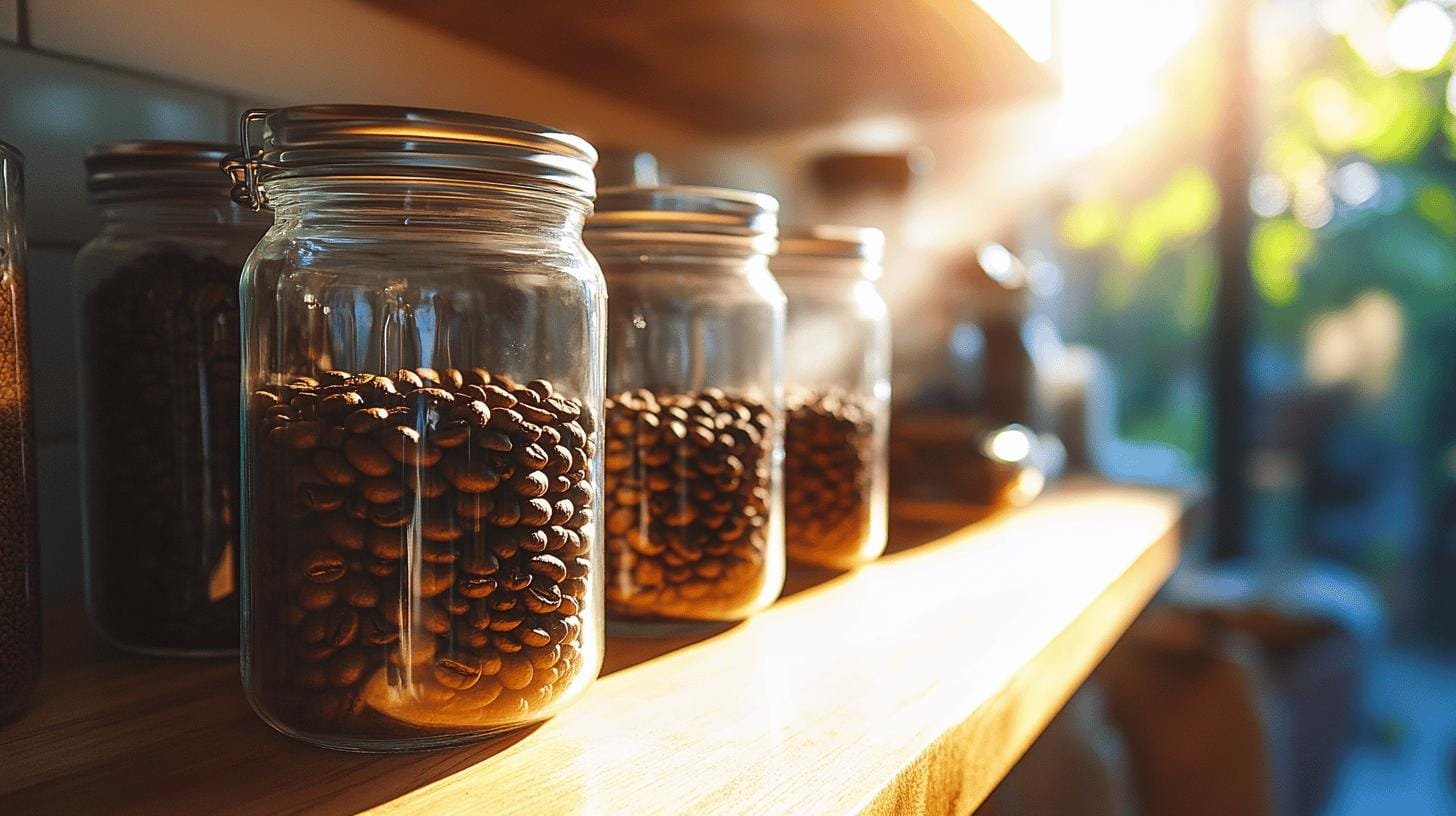
Artisanal Rituals for a Memorable Customer Experience
How can brands create a more balanced and memorable customer experience by blending artisanal product quality with thoughtful everyday rituals that keep people coming back?

Is that forgotten stash of coffee at the back of your cupboard safe to drink, or are you risking a subpar—possibly unsafe—brew? Understanding how the passage of time impacts various forms of coffee is essential for any coffee lover aiming to enjoy optimal flavor while maintaining safety. From beans to grounds, and instant to pods, each form has a different lifespan. This guide dissects what to expect in terms of shelf life and potential risks, providing insight into whether that old coffee is still fit for your morning ritual.
The safety of drinking old brewed coffee largely depends on storage. Coffee at room temperature is best drunk within 12 to 24 hours. Beyond this, its taste may degrade. Refrigerated brewed coffee lasts up to 3-4 days without health risks, provided there’s no milk or cream. Dairy in coffee can spoil quickly, so consume it fast if unrefrigerated to avoid health issues.
Moldy coffee can be harmful, especially for those with allergies. Mold can grow on brewed coffee and beans if they’re not stored properly, especially in warm, humid places. Moldy coffee can cause respiratory issues and allergies. Always check old coffee for mold or sour odors before drinking. If mold is present, discard the coffee to avoid risks.
Coffee with milk needs more care. Dairy products spoil fast, risking stomach pain or diarrhea. Coffee with milk should be consumed within a few hours if left out. Refrigerated coffee with milk should be drunk within a day or two for safety. Check for unusual smells or textures as signs of spoilage.

Is it safe to drink old brewed coffee? Generally, yes, if stored correctly. Room temperature brewed coffee should be drunk within 12 to 24 hours to prevent taste loss. Refrigerated brewed coffee is safe for up to 3-4 days if it doesn’t have milk or cream. Dairy-infused coffee should be consumed quickly if left unrefrigerated to prevent spoilage and health issues.
Moldy coffee poses health risks, especially to allergy-prone individuals. Mold can grow on brewed coffee and beans if not stored well, particularly in warm, humid settings. Drinking moldy coffee can cause respiratory and allergic reactions. Inspect old coffee for mold or sour smells before drinking. Discard if mold is detected to avoid health issues.
Drinking coffee with milk requires caution due to fast-spoiling dairy. Spoiled milk in coffee can cause stomach issues and diarrhea. Room temperature coffee with milk should be drunk within hours. When refrigerated, consume within a day or two for safety. Check for off smells or textures as spoilage indicators.
Aging coffee loses its vibrant flavor and aroma. Freshly roasted beans are robust and complex, but time fades these qualities. Oils in beans oxidize, leading to staleness and loss of aroma. The longer coffee sits, the less fresh it becomes. While usable, old beans lack the vibrancy and complexity of fresh ones.
Stale coffee tastes flat or bitter and lacks depth. It often loses aroma, a sign of declining freshness. A sour smell indicates spoilage, suggesting the coffee isn’t drinkable.
Four signs of stale or spoiled coffee:
These signs help determine coffee quality and freshness before consumption.

Proper storage preserves coffee’s flavor and aroma. Exposure to air, light, or moisture degrades coffee quickly. Airtight containers minimize exposure. Store coffee in a cool, dark place to slow oxidation, maintaining freshness. Freezing for long-term storage is possible, but may alter flavor if beans aren’t protected from moisture and odors.
Improper storage can cause quality decline. Coffee absorbs odors and moisture, leading to stale tastes. Light exposure degrades oils, impacting flavor. Proper storage ensures coffee retains its rich aroma and taste, ensuring a satisfying experience. Avoid common storage mistakes like keeping coffee in original packaging or near heat sources.
Fresh beans, especially home-roasted, have richer flavors and aromas than older ones due to retained volatile compounds and oils. Freshly roasted beans offer complexity and brightness, enhancing each cup. Home roasting allows control over the roast profile, achieving balanced flavors missing in mass-produced coffee. As coffee ages, compounds degrade, diminishing flavor and aroma.
While fresh coffee is preferred for quality, older coffee is convenient and cost-effective. Pre-ground or instant coffee offers ease and longer shelf life. It’s suitable for those prioritizing convenience. Coffee consumers primarily seeking caffeine might overlook aged coffee’s diminished taste. It’s also safe, barring spoilage, making it viable when freshness isn’t crucial.
| Fresh Coffee | Old Coffee |
|---|---|
| Rich and complex flavor | Flat and diminished taste |
| Strong and vibrant aroma | Weak or absent aroma |
| Superior overall experience | Compromised quality |
Navigating coffee’s shelf life, safety, and storage practices can enhance your coffee experience. Understanding how old coffee can you drink involves recognizing when it becomes stale or poses health risks. Proper storage in airtight containers safeguards freshness, while fresh beans promise richer flavors. Although old coffee remains safe under certain conditions, savoring coffee at its peak offers undeniable taste and aroma benefits. Embracing these insights empowers coffee enthusiasts to enjoy their beverages while ensuring the best quality and safety in every cup.
Old coffee’s drinkability varies. Generally, coffee becomes stale but remains safe unless moldy. Coffee stored properly can last longer, but freshness diminishes over time. Check for unusual smells or visible mold.
Day-old refrigerated coffee with milk is usually safe to consume if properly stored. However, it should be consumed within two days to minimize the risk of spoilage or bacterial growth.
Drinking old coffee can pose health risks if mold is present. Mold in coffee can lead to respiratory issues, especially for individuals with mold allergies.
Brewed coffee can become stale but not necessarily harmful. Refrigeration can preserve its quality for up to four days. Always check for unusual odors or growth before consumption.
Coffee left out overnight may be safe but often becomes stale and potentially bitter. Check for mold or sour smells to determine its safety.

How can brands create a more balanced and memorable customer experience by blending artisanal product quality with thoughtful everyday rituals that keep people coming back?

Independent coffee shops have always been about more than caffeine—they’re hubs of creativity, connection, and care. As café culture continues to evolve, new trends are

Introduction Independent cafes win when they feel like the neighborhood’s living room and operate with the discipline of a great kitchen. Below is a quick

Discover how top specialty coffee brands create lasting loyalty through storytelling, sourcing, and community connection. Real tips from 6 industry experts.

Discover the ultimate showdown between two beloved coffee brewing methods: the French press and Chemex. Explore how each technique caters to distinct palates, with the French press delivering bold flavors and the Chemex presenting a bright, clean taste.

Unlock the secrets to brewing the perfect cup of coffee with our comprehensive guide on using a coffee scale. Discover how precise measurements enhance flavor and consistency while eliminating bitterness.

Discover how water temperature plays a vital role in brewing the perfect cup of coffee. This article delves into the ideal temperature range of 195°F to 205°F for optimal flavor extraction, enhancing the enjoyment of high-quality beans.

Discover the world of curated specialty coffee bundles, perfect for enthusiasts seeking quality and craftsmanship. This article explores the benefits of ethically sourced, small-batch beans from brands like Equipoise Coffee, offering diverse flavor profiles that elevate your brewing experience.

Discover the art of manual brewing to elevate your coffee experience! This article explores various techniques like pour-over, French press, and AeroPress, revealing how they enhance flavor and your connection to every cup.